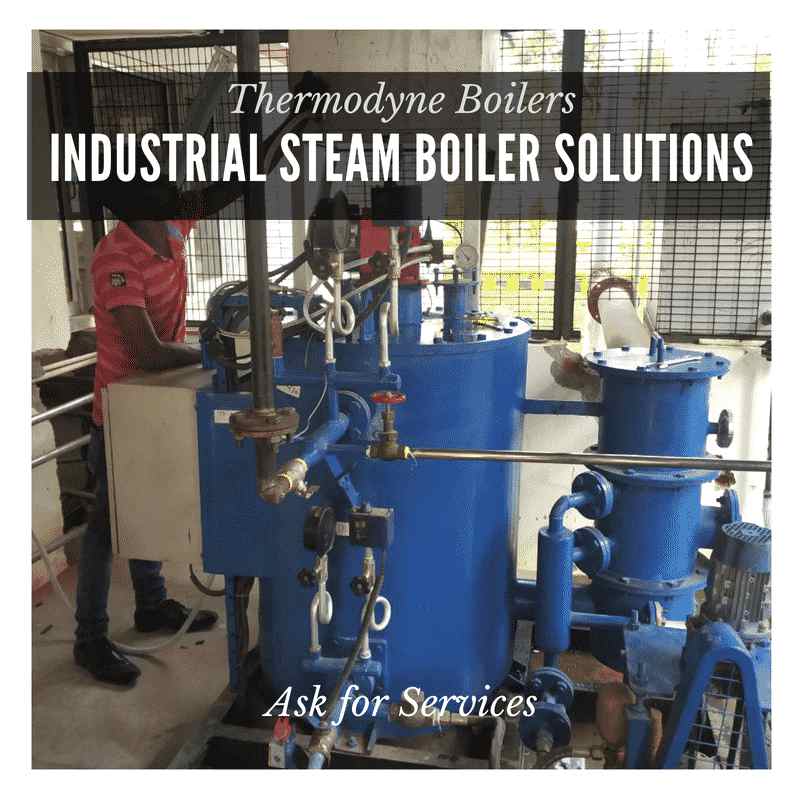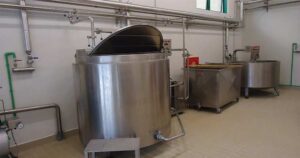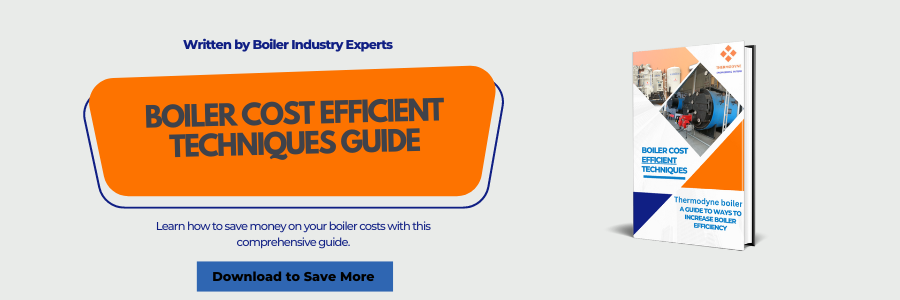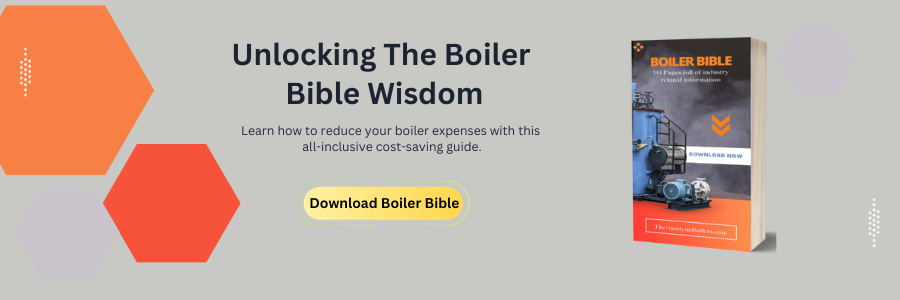Steam boilers are an essential part of the dairy industry. They are used to provide heat for a variety of processes, including pasteurization, sterilization, and evaporation.
- Pasteurization is the process of heating milk to a high temperature for a short period of time to kill harmful bacteria. This is essential to ensure that milk is safe for human consumption.
- Sterilization is the process of heating milk to an even higher temperature for a longer period of time to kill all bacteria. This is used to produce milk products that have a long shelf life, such as evaporated milk and condensed milk.
- Evaporation is the process of removing water from milk to concentrate the milk solids. This is used to produce milk powder, which is a shelf-stable product that can be stored for long periods of time.
Table of Contents
Commercial Milk Boiler in Dairy
Industrial Boilers are mostly used in dairy industry for milk pasteurization and UHT. Milk Product has high quality and high sanitary needs and very important.
Milk Boiler ensures good shelf life and destroys disease-causing microorganisms. This emphasizes the requirement for flexible and reliable heat sources, which may keep the dairy milk systems running without any hurdle.
In short, commercial milk boilers are heart and soul of Dairy Industry.
Applications of Commercial Milk Boiler
Dairy Industry use steam for various purposes, Such as …
- Heat Treatment of dairy products
- Dairy Processing
Dairy Processes Require Steam
Industrial milk boiler used to generate steam for following processes in dairy Industry
- Milk powder
- Cheese
- Liquid milk pasteurization
- Ultra-heat treatment (UHT) Milk
- Butter
- Ghee
- Yogurt
- Condensed milk
- Skimmed milk
- Cream
Commercial Milk Boiler Manufacturer
Not all boiler manufacturers make boiler for all Industries. But you need not to worry because you are on right place ( if you are reading this post). Thermodyne Boilers, top boiler manufacturer in India, manufactures and supplies commercial milk boiler for dairy businesses.

Thermodyne have more than 23 years experience in boilers industry. Thermodyne Boilers have been manufacturing highly efficient and high-quality steam boilers for milk pasteurization to dairy industries.
Thermodyne Boilers aspire is to supply top notch steam boiler system to cater to specific requirements of our industrial clients.
Thermodyne developed steam boilers, hot water generators for milk pasteurization in dairy industries.
Steam Boilers are manufactured using High-quality Machine tools and equipment. A high quality of Boilers products is achieved suitable fabrication processes at all stages of manufacture.
Thermodyne Engineering Systems provide cost-efficient industrial steam boilers for dairy & milk processing industries and high efficient steam quality packaged boilers helps them more eco-friendly and reduced Pollution.
Expect the milk processing, Thermodyne Boilers provide Steam boilers to some other applications like Food Processing, rubber industries, plywood industries, textiles, pharmaceutical industries etc.
If you need a new commercial milk boiler for any application, contact us to get a quote!
Steam Boilers in the Dairy Industry FAQ
A steam boiler is a device that uses heat to convert water into steam. Steam boilers are used in a variety of industries, including the dairy industry.
Steam boilers are used in the dairy industry to provide heat for a variety of processes, including pasteurization, sterilization, and evaporation.
There are two main types of steam boilers used in the dairy industry: fire-tube boilers and water-tube boilers. Fire-tube boilers have tubes that run through a firebox, where the water is heated. Water-tube boilers have tubes that are filled with water, which is heated by a fire outside of the tubes.
Steam boilers offer a number of benefits for dairy processing, including:
Increased efficiency: Steam boilers are more efficient than other heating methods, such as direct fire or hot water.
Improved quality: Steam boilers can help to improve the quality of dairy products by reducing the risk of contamination.
Reduced costs: Steam boilers can help to reduce the overall cost of dairy processing by reducing energy costs and improving efficiency.
Steam boilers do have some drawbacks, including:
High initial cost: Steam boilers can be expensive to purchase and install.
Maintenance requirements: Steam boilers require regular maintenance to ensure that they operate safely and efficiently.
Safety concerns: Steam boilers can be dangerous if they are not properly operated and maintained.
There are a number of safety precautions that should be taken when using a steam boiler in the dairy industry, including:
Always have a qualified operator present when the boiler is in use.
Inspect the boiler regularly for signs of wear and tear.
Follow the manufacturer’s instructions for operation and maintenance.
Keep the boiler area clean and free of obstructions.
Never overload the boiler.
Do not operate the boiler if it is not properly vented.
Do not open the boiler door when the boiler is under pressure.
Do not touch the boiler surface when it is hot.
Steam boilers can have a number of environmental impacts, including:
Air emissions: Steam boilers can emit pollutants into the air, such as nitrogen oxides, sulfur dioxide, and particulate matter.
Water pollution: Steam boilers can discharge wastewater that contains pollutants, such as heavy metals and organic matter.
Land use: Steam boilers require land for installation and operation.
There are a number of regulatory requirements that must be met when using a steam boiler in the dairy industry, including:
Boilers must be inspected and certified by a qualified inspector.
Boilers must be equipped with safety devices, such as pressure relief valves and water level controls.
Boilers must be operated in accordance with the manufacturer’s instructions.
The future trends for steam boilers in the dairy industry include:
Increased use of energy-efficient boilers.
Increased use of renewable energy sources to heat boilers.
Development of new technologies to reduce the environmental impacts of steam boilers.
There are a number of resources available to help dairy processors learn more about steam boilers, including:
The American Boiler Manufacturers Association (ABM): ABM is a trade association that represents the boiler industry. ABM provides a variety of resources for dairy processors, including information on boiler selection, installation, operation, and maintenance.
The National Dairy Council (NDC): NDC is a nonprofit organization that provides education and resources to the dairy industry. NDC has a number of resources on its website about steam boilers, including a boiler selection guide and an operator training manual.





